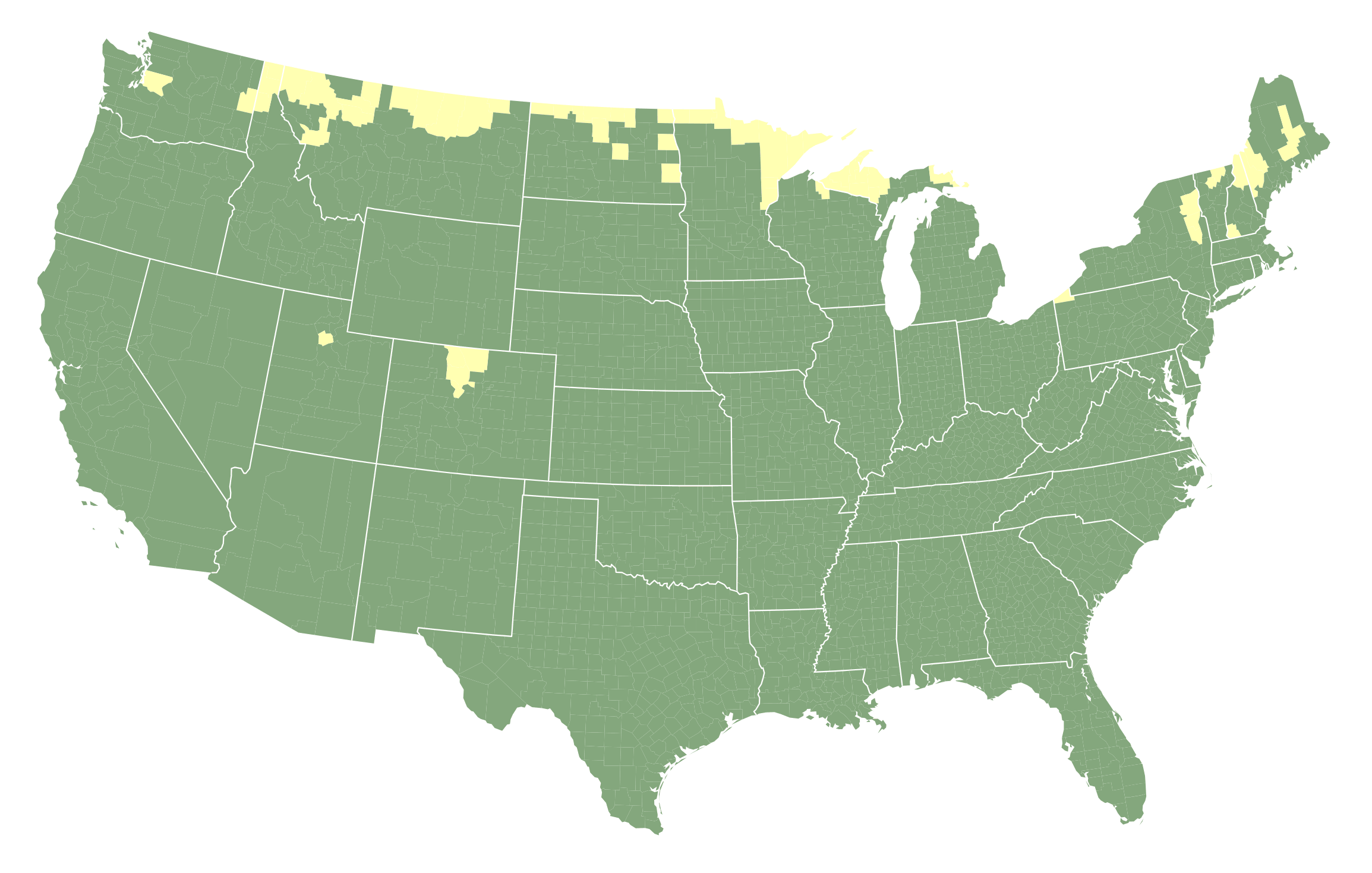Plants
Prehistoric Chewing Gum Reveals Diet, Oral Health of Stone Age Teenagers
From preserved DNA, researchers identified which plants and animals the young people would have eaten or used for making clothing—and they found one case of a severe gum infection
See 11 Winning Images From the Close-Up Photographer of the Year Awards
Focused on little details of animals and plants, these stunning shots spotlight the world’s tiny wonders
Could Sinking Tons of Seaweed to the Ocean Floor Help Combat Climate Change?
Submerged seaweed can store carbon at the bottom of the sea, but how effective the strategy will be remains unclear
Seven Scientific Discoveries From 2023 That Could Lead to New Inventions
Biologists learned lots about animals and plants this year, and their findings could inspire better robots, medicine and environmental technologies
Once Thought to Be Plants, These Rare Fossils Are Actually Baby Turtles, Scientists Say
The prehistoric specimens found in Colombia could represent one of the oldest and largest turtle species to ever exist
This Desert Plant's Salty 'Sweat' Can Collect Water From the Air
The athel tamarisk's hydration trick could improve on human techniques to harvest water in dry environments, researchers say
Dust May Have Triggered the Global Winter That Killed the Dinosaurs
A new study, based on modeling, suggests fine silicate particles could have blocked sunlight and shut down photosynthesis across the globe
Five Tips and Tricks for a Perfect Jack-O’-Lantern
A horticulturalist with the New York Botanical Garden provides advice for prolonging the life of your pumpkin
What Emoji Tell Us About the History of Tea
From ancient China to 20th-century America, the aromatic beverage has undergone a dramatic evolution
Archaeologists Find the First Red Paint Made From Plants
Hunter-gatherers cooked up the alluring pigment in the Eastern Mediterranean 15,000 years ago
Hoppy Beer Could Be Climate Change's Next Victim
Warming temperatures and drier conditions in Europe could continue to lead to declines in hop yields and hop quality, a new study finds
Early Europeans Ate Seaweed for Thousands of Years
Researchers found biomarkers of seaweed and other aquatic plants in samples of dental plaque
The World Has a New Hottest Pepper
Pepper X is three times spicier than the previous record-holder, the Carolina Reaper
Minnesota Man Sets World Record With 2,749-Pound Pumpkin
Travis Gienger is a horticulture teacher who grows his award-winning gourds in his backyard
Maintaining a Vegetarian Diet Might Be in Your Genes
New research has identified three genes that are strongly linked to vegetarianism and 31 others that might also play a role in sticking to a meatless diet
North America's Oldest Known Footprints Point to Earlier Human Arrival to the Continent
New dating methods have added more evidence that these fossils date to 23,000 years ago, pushing back migration to the Americas by thousands of years
The World's Largest and Smelliest Flower Is at Risk of Extinction, Scientists Say
Researchers are calling for urgent protections for corpse flowers in the Rafflesia genus, which live only in remote rainforests of Southeast Asia
Following British Explorer Isabella Bird's Footsteps Through the Rockies, 150 Years Later
The intrepid Victorian-era author proved that a lady’s life could be in the mountains, and I am forever grateful for that
Why You Should Grow Native Plants in Your Garden
Entomologist Doug Tallamy explains how doing so can help insects and birds
See When Brilliant Fall Foliage Will Peak With This Interactive Map
The tool's county-by-county predictions will help you plan the best leaf-peeping trips
Page 1 of 29
:focal(384x274:385x275)/https://tf-cmsv2-smithsonianmag-media.s3.amazonaws.com/filer_public/f4/7b/f47ba01d-2af7-407f-aa04-07d3e4a9a41a/image.jpg)
:focal(512x322:513x323)/https://tf-cmsv2-smithsonianmag-media.s3.amazonaws.com/filer_public/72/a1/72a18732-777d-4a8f-9695-c0771163c0d7/butterflies-1st-csaba_daroczi-the_wedding_guest-cupoty_5-web.jpg)
:focal(512x385:513x386)/https://tf-cmsv2-smithsonianmag-media.s3.amazonaws.com/filer_public/fe/20/fe20030e-744e-4787-ab0f-0811d8baa448/kelp_forest.jpeg)
:focal(960x649:961x650)/https://tf-cmsv2-smithsonianmag-media.s3.amazonaws.com/filer_public/52/0c/520c1e9a-9a4e-4182-a0e6-2530427f0848/monarch-butterfly.jpg)
:focal(502x325:503x326)/https://tf-cmsv2-smithsonianmag-media.s3.amazonaws.com/filer_public/84/a3/84a34abe-ef48-4370-82bc-d6752b1342ce/ezgif-1-73be12d57b.png)
:focal(400x267:401x268)/https://tf-cmsv2-smithsonianmag-media.s3.amazonaws.com/filer_public/90/f0/90f03417-877a-48d3-8828-36f0515a4987/nyu-abu-dhabi-research-1_resize.jpg)
:focal(1095x688:1096x689)/https://tf-cmsv2-smithsonianmag-media.s3.amazonaws.com/filer_public/f3/90/f39056b5-7c45-426c-a79c-5ab95976b673/gettyimages-1683351339.jpg)
:focal(2636x1707:2637x1708)/https://tf-cmsv2-smithsonianmag-media.s3.amazonaws.com/filer_public/3f/38/3f389807-2a47-4cd0-881a-df59a177ba57/gettyimages-1274296583.jpeg)
:focal(700x527:701x528)/https://tf-cmsv2-smithsonianmag-media.s3.amazonaws.com/filer_public/43/0b/430b0b1e-2ab3-4255-a0ef-26806a1e466e/tea42.jpg)
:focal(800x602:801x603)/https://tf-cmsv2-smithsonianmag-media.s3.amazonaws.com/filer_public/92/86/9286378f-87a6-4155-8c37-9b9223e341cc/necklace3_web.jpg)
:focal(2550x1712:2551x1713)/https://tf-cmsv2-smithsonianmag-media.s3.amazonaws.com/filer_public/26/92/2692fe36-906d-42de-a2e4-529d2e7d63f2/gettyimages-629557381.jpg)
:focal(2900x1933:2901x1934)/https://tf-cmsv2-smithsonianmag-media.s3.amazonaws.com/filer_public/d3/44/d344e243-9e53-4d20-acdf-bb30d305bd8d/gettyimages-1407702607.jpg)
:focal(342x225:343x226)/https://tf-cmsv2-smithsonianmag-media.s3.amazonaws.com/filer_public/65/fe/65fe7f29-6d5e-42df-9911-60defd14b5ff/pepper-x-on-a-plate_tcm25-759772.jpg)
:focal(900x583:901x584)/https://tf-cmsv2-smithsonianmag-media.s3.amazonaws.com/filer_public/85/86/8586716b-b447-4cb9-9423-14fba666c35a/2023-winner-travis-gienger-reacts-to-world-record-pumpkin-300dpi.jpg)
:focal(4096x2731:4097x2732)/https://tf-cmsv2-smithsonianmag-media.s3.amazonaws.com/filer_public/c6/98/c698c807-d1d6-486e-a6dc-f957e6999794/pexels-sebastian-coman-photography-3510155.jpg)
:focal(800x602:801x603)/https://tf-cmsv2-smithsonianmag-media.s3.amazonaws.com/filer_public/47/e4/47e46b04-104c-4ab9-a8b9-104a4a1d756f/dsc0031_web.jpg)
:focal(350x265:351x266)/https://tf-cmsv2-smithsonianmag-media.s3.amazonaws.com/filer_public/72/4a/724a167b-52ed-45fe-823b-4e0d006393c5/low-res_rafflesia_kemumu_in_the_rainforest_of_sumatra.jpg)
:focal(1826x1217:1827x1218)/https://tf-cmsv2-smithsonianmag-media.s3.amazonaws.com/filer_public/81/af/81af399f-2972-4c49-a166-fe33628849b7/gettyimages-1035336708.jpg)
:focal(800x602:801x603)/https://tf-cmsv2-smithsonianmag-media.s3.amazonaws.com/filer_public/98/ad/98ad4f41-405d-4c67-90e3-5fb56d1c7e9b/cyclarhis_gujanensis_-eating_green_caterpillar_web.jpg)
